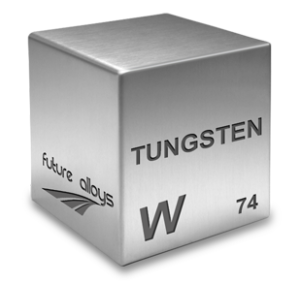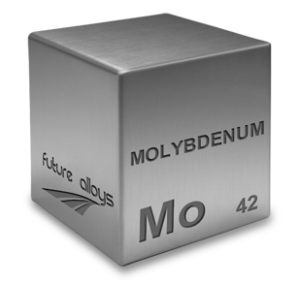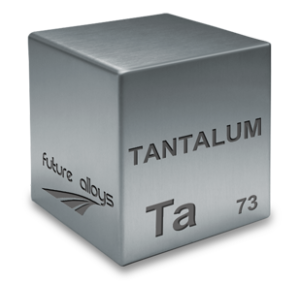The term ‘refractory metal’ is used to describe a group of metal elements which have exceptionally high melting points and are resistant to wear, corrosion, and deformation.
Industrial uses of the term refractory metal usually refers to the five most commonly used elements:
- Tungsten (W)
- Molybdenum (Mo)
- Tantalum (Ta)
- Niobium (Nb)
- Rhenium (Re)
THE KEY FEATURES OF REFRACTORY METALS
The stand out feature of refractory metals is their resistance to heat. All of the five industrial refractory metals have melting points in excess of 3632°F (2000°C) and can maintain their hardness and high strength at elevated temperatures.
Refractory metals all are ‘heavy’ with high densities. They are good heat and electrical conductors, yet resistant to thermal shock, meaning that repeated heating and cooling will not easily cause expansion, stress, and cracking.
The have a good resistance to creep, which is the tendency of metals to slowly deform under the influence of stress. The refractory metals are also resistant to corrosion, although they do readily oxidise at high temperatures.
Refractory metals have a high level of hardness at room temperatures which remains stable at high temperatures.They are strong under extremely high temperatures and are innately hard, making these metals perfect for drilling and cutting tools.
Some other common applications from refractory metals include furnace components, wire filaments, tools, chemical vessels within corrosive atmospheres, engine components and balancing weights.
Also, these metals are highly resistant to factors like thermal shock. This means that they will not experience cracking, expansion or stress when cooled and heated repeatedly.
WHY USE REFRACTORY METALS?
Refractory metals can be classified by their unique physical and chemical properties. It’s important to have a good understanding of these properties to be able to select suitable metals for any given application.
Although the specific characteristics of each element differ because they come from different groups in the periodic table, they all possess some common general properties.
Thanks to their unique qualities, refractory metals are highly beneficial to a variety of applications and industries. Their key benefits include:
A Super High Melting Point
Refractory metals such as tungsten, molybdenum and tantalum have very high melting points, making them beneficial in glass making.
High Strength
They have outstanding strength even at very high temperatures. For instance, tungsten made rocket cones have twice the tensile strength of iron under normal temperatures.
Outstanding Abrasion and Wear Resistance
Refractory metals, particularly when added as alloys, can extend the lifespan of seals, valve seats, nozzles and other areas prone to high wear.
Excellent Corrosion Resistance
Chemical plant process pipework is typically made of refractory metals or their alloys, because of their high degree of corrosion resistance and strength compared to stainless steel, copper and plastics.
Extreme Hardness
The majority of cutting tools used these days are made from materials like tungsten carbide. The hardness of refractory metals also makes them suitable for use in mining and drilling components for oil and gas wells.
Thermal Shock Resistance
Refractory metals like tungsten can resist stresses induced by rapid expansion from heat. has a With its very high melting point tungsten can withstand a series of on and off heat cycles without affecting its intactness.
High Density and Specific Gravity
The high density characteristic is useful for applications like aircraft gyroscopes, motorsport balancing, structural components and sports equipment such as golf club heads.
Heat and Electrical Conduction
Refractory metals such as tungsten and molybdenum make excellent heat sinks plus have many electronic or electrical applications due to their excellent heat conduction properties.
APPLICATIONS OF REFRACTORY METALS:
Following are some examples of the many applications of the refractory metals tungsten, molybdenum and tantalum:




